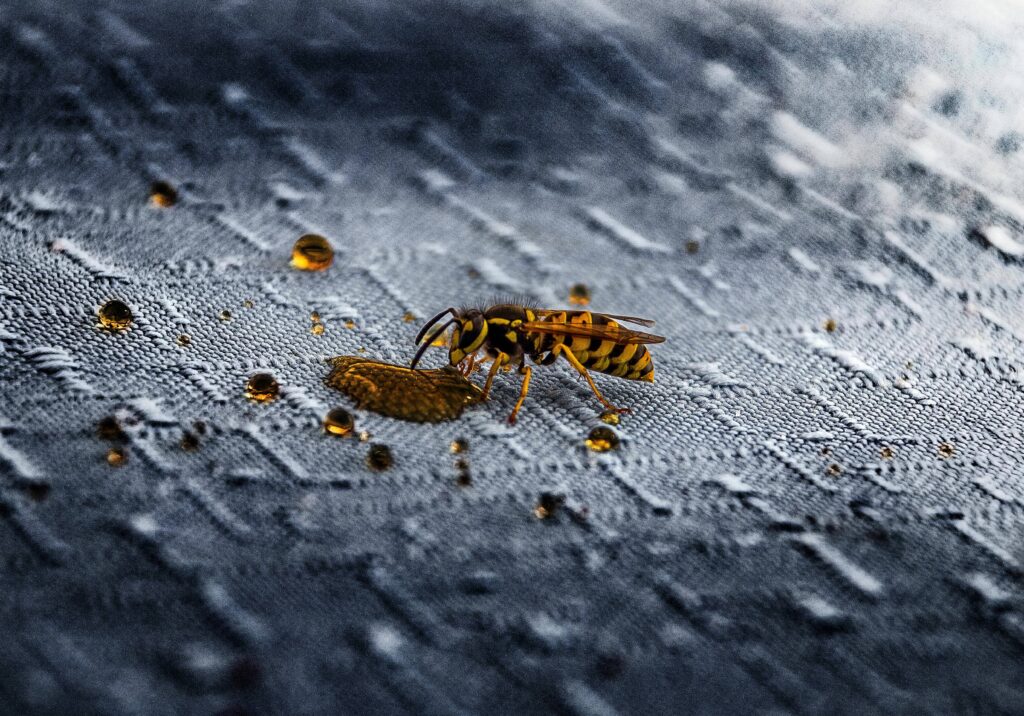Pests are more than just a nuisance; they pose a serious threat to the integrity of a home’s insulation and wiring. Rodents, insects, and other small creatures often seek shelter inside walls, attics, and crawl spaces, causing destruction that can lead to costly repairs. Understanding how these intruders cause damage can help homeowners take proactive measures before problems escalate.
The Destruction of Insulation
Insulation plays a crucial role in maintaining indoor temperatures and reducing energy costs. When pests invade a home, they often use insulation materials for nesting. Rodents, in particular, shred fiberglass and cellulose insulation to create soft bedding for their nests. Over time, this reduces the insulation’s effectiveness, leading to heat loss in the winter and higher cooling demands in the summer.
Insects such as termites and carpenter ants can also weaken insulation by burrowing through wooden structures and foam boards. Moisture buildup caused by pest activity may further deteriorate insulation, leading to mold growth and air quality concerns. These issues not only affect comfort but can also result in increased energy bills due to decreased thermal efficiency.
Wiring Damage and Fire Hazards
Pests frequently chew on electrical wiring, creating a major safety risk. Rodents have continuously growing teeth, and gnawing on wires helps them keep their teeth trimmed. Unfortunately, this behavior exposes live electrical components, increasing the likelihood of short circuits and potential fires.
Even a single damaged wire can disrupt a home’s electrical system, leading to flickering lights, power outages, or malfunctioning appliances. In severe cases, exposed wiring can generate sparks that ignite nearby insulation, posing a fire hazard. Studies have shown that rodent-related electrical issues contribute to a significant number of house fires each year.
Hidden Costs and Structural Damage
The damage caused by pests often goes unnoticed until it becomes severe. Homeowners may not realize there is a problem until they experience high energy bills, electrical malfunctions, or unusual odors coming from walls or attics. Over time, pest infestations can lead to structural issues, requiring expensive repairs.
In addition to damaging insulation and wiring, pests can weaken wooden beams and drywall, further compromising the stability of a home. The longer an infestation persists, the greater the extent of the destruction. Addressing the issue early can prevent extensive damage and costly repairs.
Preventative Measures and Professional Help
Preventing pest-related damage requires vigilance and proper home maintenance. Sealing entry points, such as gaps around doors, windows, and utility openings, can help deter rodents and insects. Keeping attics, basements, and crawl spaces dry and well-ventilated reduces the risk of attracting pests. Regular inspections by pest control professionals can identify early signs of infestations and address them before they cause significant harm.
For homeowners already dealing with pest-related damage, professional remediation services can assess the extent of the issue and recommend appropriate repairs. Replacing compromised insulation and repairing damaged wiring promptly can restore a home’s safety and efficiency. Investing in preventative measures can help protect against future infestations and costly structural damage.
Pests may be small, but the problems they create can have lasting consequences. Addressing infestations early and taking steps to secure a home’s insulation and wiring can help avoid serious safety hazards and unnecessary expenses.
At Ultra Safe Pest Management, we specialize in comprehensive home protection, offering expert inspections and repairs to keep your home safe and energy-efficient. Our team can identify vulnerabilities, repair pest-related damage, and reinforce your roofing and insulation to help safeguard your property. Contact us today for a professional assessment and reliable solutions tailored to your home’s needs.

